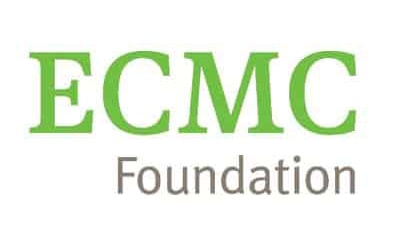“In all aspects, the [World Education] project exceeded expectations and surpassed original target numbers, despite the short project timeframe. Colleagues working on the project were creative and flexible, preempting mitigatory measures to ensure project activities continued.”




